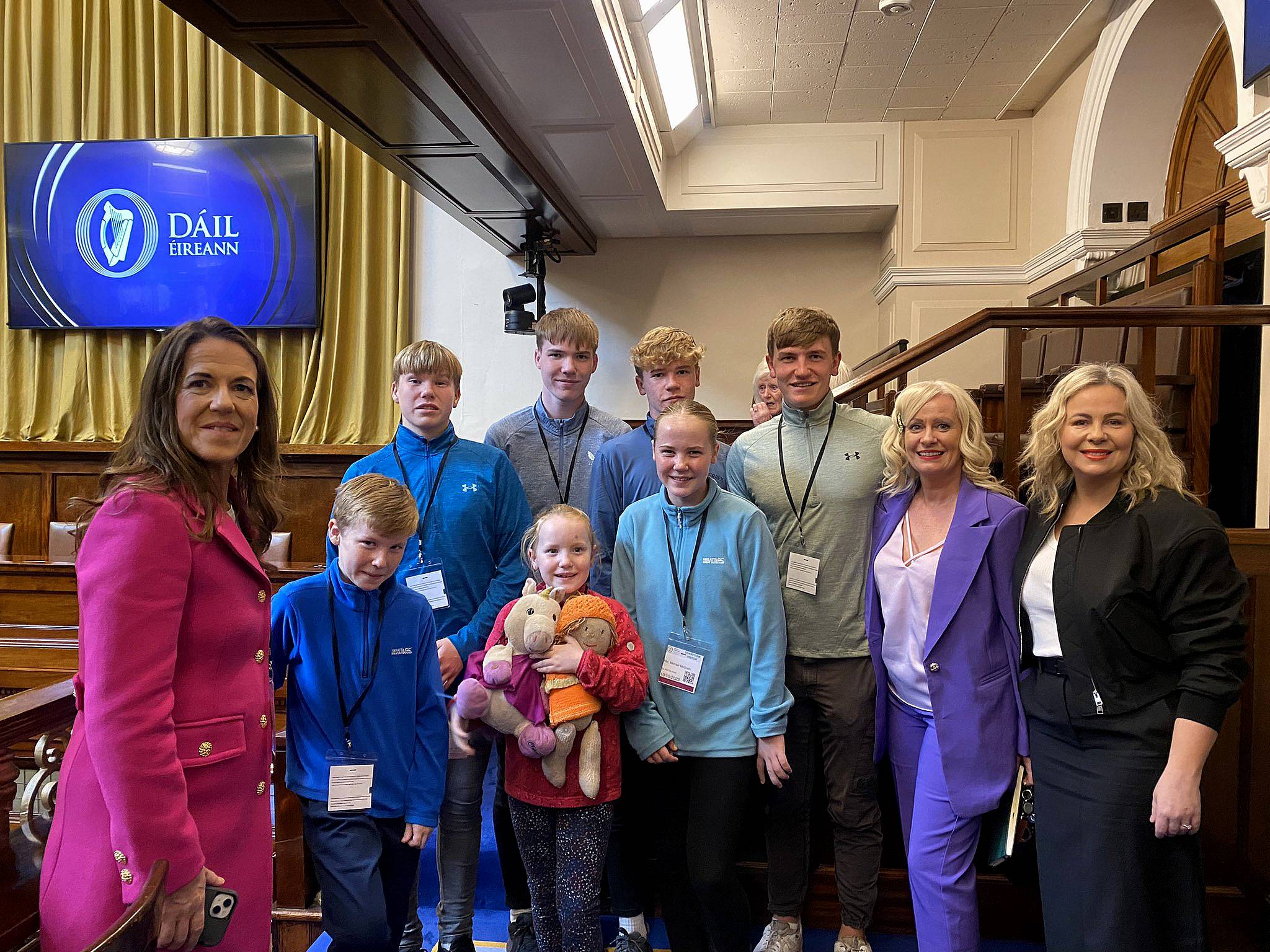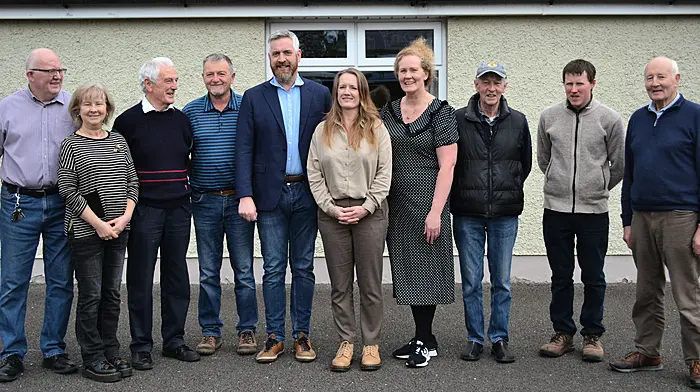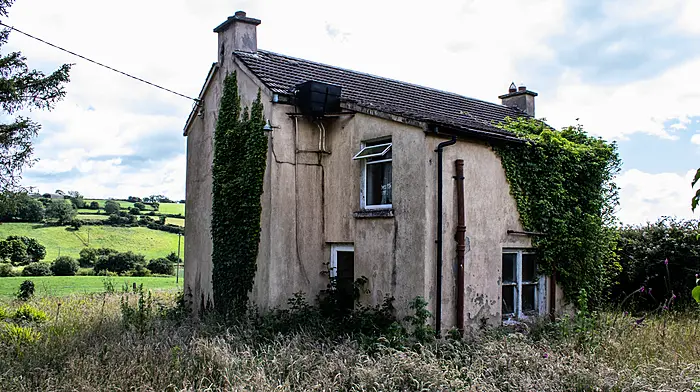SHEEP farmers will welcome increased supports announced in Budget 2024 but overall farmers’ groups have reacted with disappointment to measures announced by the government, with one labelling it ‘a complete non-event’.
Minister for Agriculture Charlie McConalogue said Budget24 had ‘a clear focus on protecting farm incomes’, with headline figures including more than €100m in supports for beef and sheep sectors, over €700m in funding in 2024 for agri-environment initiatives, extensions to Tams grants and €8m in targeted support for tillage farmers.
Supports for sheep farmers will include increased funding to increase payments from €12 per ewe to €20 for ewes, a move welcomed by West Cork Fine Gael Senator Tim Lombard. ‘The sheep sector has been under pressure and the increase in payment per ewe to €20 is very positive,’ Sen Lombard said.
‘We must ensure the Brexit adjustment reserve fund is activated for this sector. They have been grossly affected following the UKs post Brexit trade deal with New Zealand and the subsequent increase in lamb imports from New Zealand. The fund is there, we need support from Minister McConalogue and the Department of Agriculture to secure a pathway to activating it for the sheep sector before the end of December 2023.’
Macroom-based Irish Cattle & Sheep Farmers’ Association (ICSA) president Dermot Kelleher said the ewe payment increase is welcome but not enough.
‘A payment of €12 per ewe under the Sheep Improvement Scheme (SIS) was an insult. We welcome the increased funding for the sector which will facilitate a payment of €20 per ewe. However, while the increase is welcome, it does not go far enough and ICSA will continue to campaign for higher payments for sheep farmers. Sheep farmers have been overlooked for too long.’
Mr Kelleher said that while further details on the beef scheme and on how a €200 payment per suckler cow can be achieved, neither will amount to more than doing the bare minimum possible. ‘Our suckler, beef, and sheep farmers are the lowest income earners per hectare by far. This budget, however, will do little to address that imbalance.’
IFA president Tim Cullinan said the budget increase for sheep farmers acknowledges that they are experiencing difficulty but added that €30/ewe has to be the target to have a sustainable sheep sector.
‘The budget is a long way short of what is required to bolster a sector which is struggling with high input costs, lower commodity prices and unfavourable weather for many sectors.’
Minister McConalogue said the Budget includes €8m in supports for tillage farmers. Sen Lombard raised the plight of tillage farmers in the Seanad earlier this month, with thousands of acres of grain uncut due to poor weather conditions. He said these farmers must be prioritised. ‘At a minimum this fund must be used to cover the costs for those farmers. They have be the prioritised or they will not survive.’
A slurry storage-support Tams grant will be offered to farmers at a rate of 70%, a measure which will be seen as an effort to counter the imminent reduced nitrogen derogation for many farmers.
But ICMSA president Mr McCormack was scathing of this, saying there had been an ‘absolute vacuum’ around the consequences of the recent nitrates reduction decision. Neglect on the part of the State had been compounded by the ‘guilty silence’ around useful funding for expanded slurry storage on dairy farms, he said. ‘Instead, we had been given some fanciful and missing-the-point tinkering towards providing grant aid for slurry storage to tillage farmers,’ he said.
‘There is nothing in it; certainly nothing in it for Irish farmers except a few pro forma relief rollover,’ said Mr McCormack.
 The McGrath family from Carrigaline were out in force to see their dad Michael, the Finance Minister, present his first ever Budget in Leinster House, on Tuesday, in a photo posted online by Fianna Fåil TD Niamh Smyth, second from right.
The McGrath family from Carrigaline were out in force to see their dad Michael, the Finance Minister, present his first ever Budget in Leinster House, on Tuesday, in a photo posted online by Fianna Fåil TD Niamh Smyth, second from right.
Independent Deputy Michael Collins said Budget announcements pertaining to agriculture predominantly revolved around tax reliefs and did not adequately address declining farm incomes. ‘Farmers had hoped for substantial measures to support their livelihoods, but these expectations have largely gone unmet,’ he said.
‘It offers no solutions to the urgent necessity of bolstering farm incomes and securing the viability of family farms and the agricultural sector.’
Consanguinity relief, which supports the transfer of farms from one generation to the next, has been extended in the budget for five years. ‘This will provide more certainty for farmers as they make plans for their future. This is a vital measure to ensure the future of our farming communities and our rural areas,’ said Sen Lombard.
Macra had lobbied hard for the introduction of a pilot succession scheme to facilitate the transfer of land production from one generation to the next, but this did not materialise.
‘The omission of a succession scheme from this budget sends the message that it is business as usual, it is our friends, families and neighbours that are emigrating daily. Clearly, despite claims to the contrary rural Ireland does not matter,’ Macra president Elaine Houlihan said.
KEY BUDGET CHANGES FOR AGRICULTURE
• Increase in payment per ewe from €12 to €20
• Supports of €200 per cow secured
• Tams grant to 70% for new tanks for those importing slurry.
• €8m in targeted support for tillage farmers.
• Consanguinity relief extended for five years.
• Residential zoned land tax (RZLT) deferred
• Stock relief for farmers in registered farm partnership increased from €15,000 to €20,000.
• Agri-climate rural environment scheme (Acres) funding increased by €40m
• Tax relief doubled for farmers selling electricity back to the national grid.
• €6.5m dairy beef scheme.
• €5m funding for the genotyping programme.








